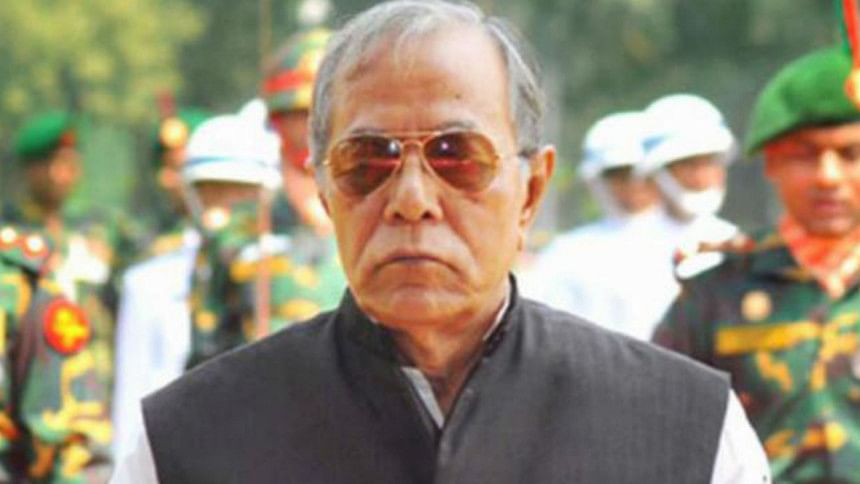Digital Security Bill sent to president

The much-debated Digital Security Bill 2018 was sent to the office of President Abdul Hamid yesterday for his assent, said sources at the Parliament Secretariat and the Bangabhaban.
Amid widespread criticism against some of its provisions that have been termed a threat to freedom of speech and expression and the freedom of the press as well, Speaker Shirin Sharmin Chaudhury on Tuesday signed the bill passed by parliament on September 19.
With the president's assent, the bill will become a law.
President's Press Secretary Joynal Abedin told The Daily Star yesterday that Hamid was yet to sign the bill.
Journalists and rights activists have expressed concerns about the new law, saying it was passed without addressing their concerns.
A number of local and international organisations working for the freedom of the press and good governance have urged the president not to assent to the Digital Security Bill and requested him to return it to the House.
The bill was sent to the president for his assent at a time when Law Minister Anisul Huq at a recent meeting had assured the Sampadak Parishad (Editors' Council), Bangladesh Federal Union of Journalists, Dhaka Union of Journalists and Dhaka Reporters Unity that their serious concerns would be placed before the cabinet to work out amendments to make the law acceptable to all.
The law minister also had promised to sit with the editors and journalists again in this regard.
Information Minister Hasanul Haq Inu, Posts, Telecommunications and Information Technology Minister Mustafa Jabbar and Prime Minister Sheikh Hasina's Media Adviser Iqbal Sobhan Chowdhury were also present at the meeting on September 30.
The Sampadak Parishad, a platform of editors of national dailies, had earlier postponed its human chain programme scheduled to be held on September 29, which was called denouncing the passage of the Digital Security Bill 2018, upon request from Information Minister Inu.
The Parishad, journalists and media practitioners have expressed their serious concerns over sections 8, 21, 25, 28, 29, 31, 32, and 43 of the bill, saying that those sections pose serious threats to freedom of expression and media operation.
Parliament on September 19 passed the bill, “totally ignoring” the concerns expressed by journalists and media organisations.
Journalists and rights activists also expressed worries over the new law, saying that it goes against the main spirit of the constitution and that the law will restrict free-thinking, freedom of speech and freedom of expression.

 For all latest news, follow The Daily Star's Google News channel.
For all latest news, follow The Daily Star's Google News channel. 








Comments